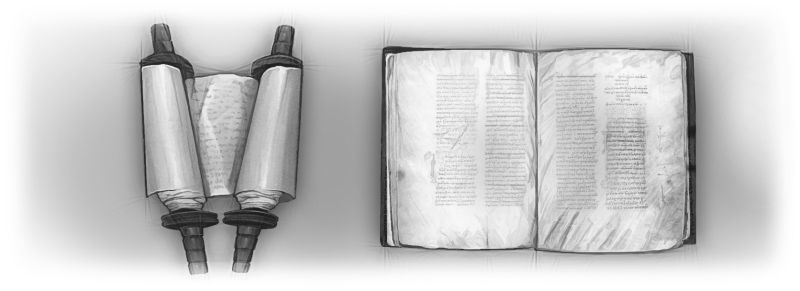and Calavete Sabonete Ossifo
Few people can say that they have seen an angel. Oyele says he has seen an angel—not just once, but four times.
Oyele slipped away from his childhood faith as he labored for three years away from home, helping construct a 250-mile (400-kilometer) road between the cities of Mocuba and Nampula in Mozambique. It was tough work, and he sought relief in ways that he knew violated God’s law.
One day, several strangers approached Oyele, who was drunk after work, and asked if he was aware that the Bible taught that the Sabbath was on the seventh day of the week. Oyele was convinced that the strangers were wrong. “Prove it to me from the Bible,” he said.
The strangers, who introduced themselves as Seventh-day Adventists, opened the Bible to the fourth commandment and read, “Remember the Sabbath day, to keep it holy” (Exod. 20:8, NKJV). Then they turned to Ezekiel 20:20 and read, “Hallow My Sabbaths, and they will be a sign between Me and you, that you may know that I am the Lord your God” (NKJV).
Oyele read and reread the verses over the next few days. He wondered if he was reading truth from God. Even though he had gone to church since he was a boy, he had never noticed the verses before.
As he thought and prayed, a shining angel appeared at night over the house where he was staying. “Strength!” the angel said. “You are on the right path.” The next night, he saw the angel again in the same place. “Strength!” the angel said. “You are on the right path.” The same thing happened the third night. Oyele went to an Adventist church the next Sabbath. After that, he worshiped regularly with the Adventists.
When his three-year contract ended, Oyele returned home and was surprised to find that his wife and children had joined the Adventist Church. He had had no contact with them during his extended absence.
“What a coincidence!” his wife said when she learned that Oyele had been going to an Adventist church. “Is this by chance?”
Back home, Oyele went to the Adventist church on Saturdays and his childhood church on Sundays. He wasn’t sure what to do. Then the angel appeared for a fourth time. “What you are studying is true,” the angel said. Oyele decided on the spot to become a Seventh-day Adventist.
There are few Adventists where Oyele lives, but God has blessed his efforts to share the good news that Jesus is coming soon. Oyele has helped start three house churches. “Evangelize anyone, even if they’re drunk,” he said. “God is the one who converts, and there are many people who God has prepared to accept the gospel. They only need to be touched by you.”
Thank you for your Sabbath School mission offerings that help spread the gospel in Mozambique and around the world.

